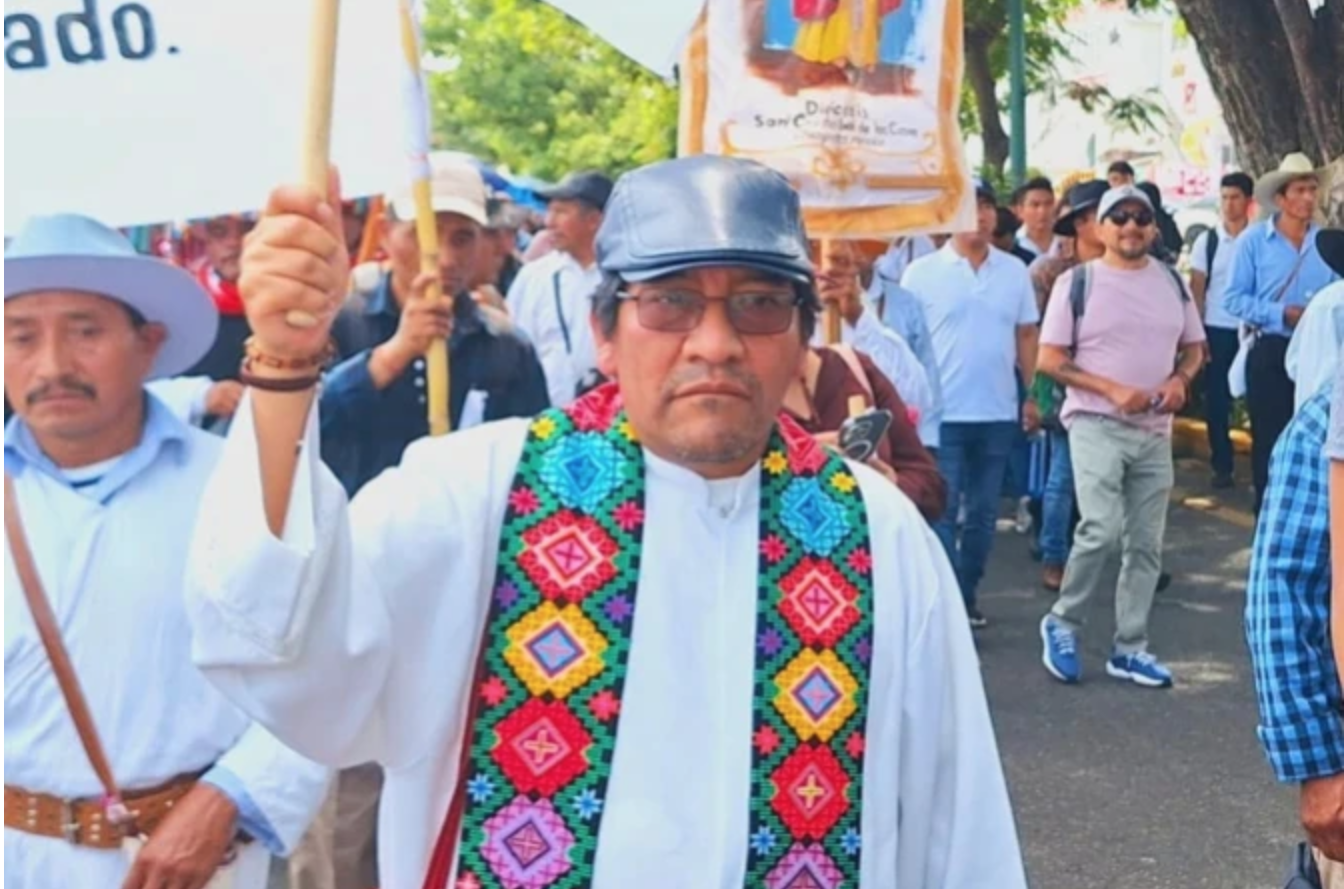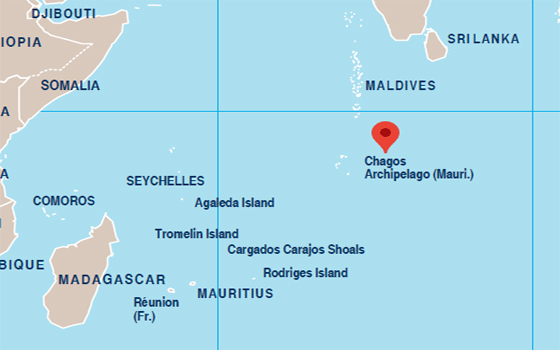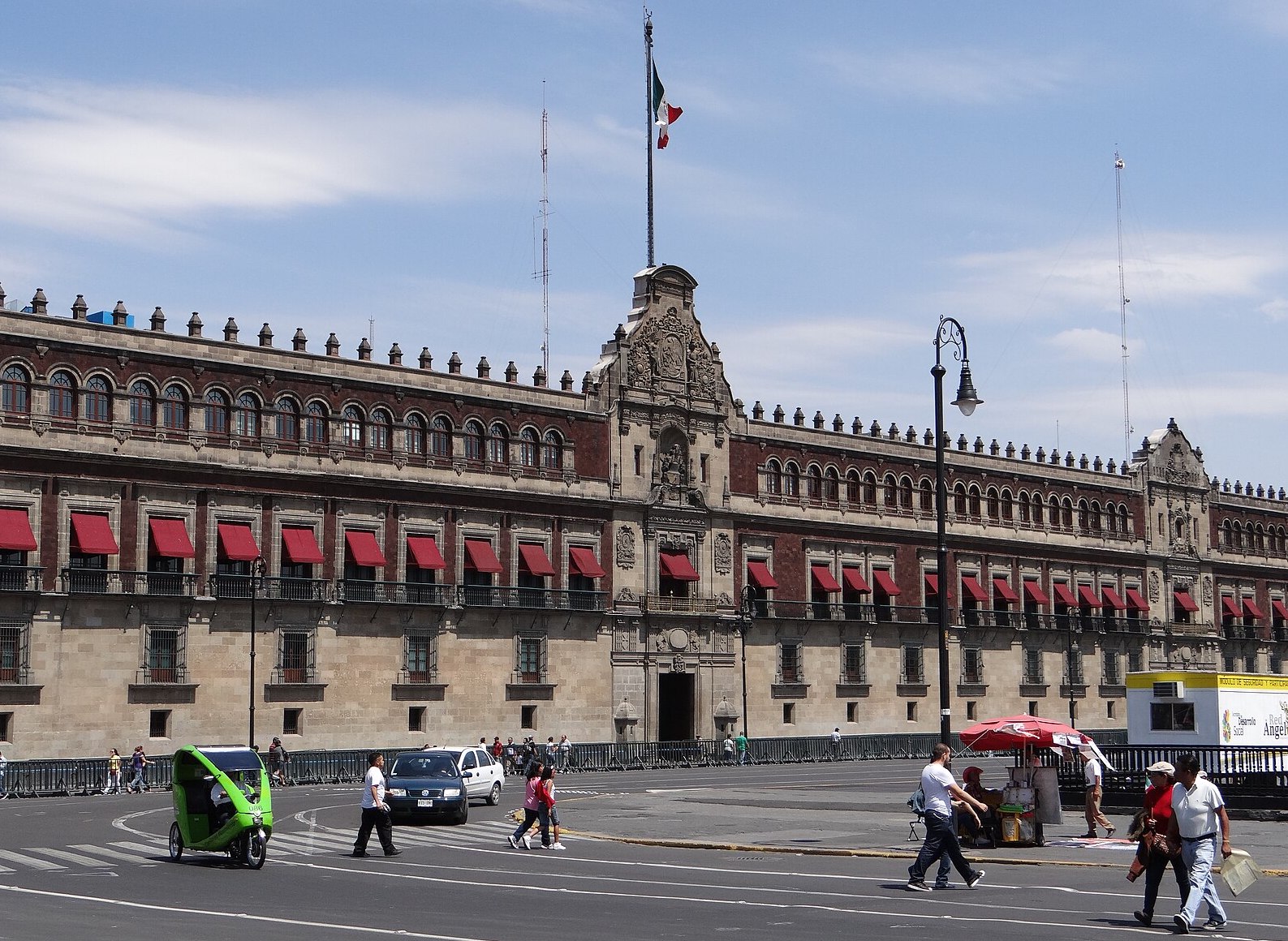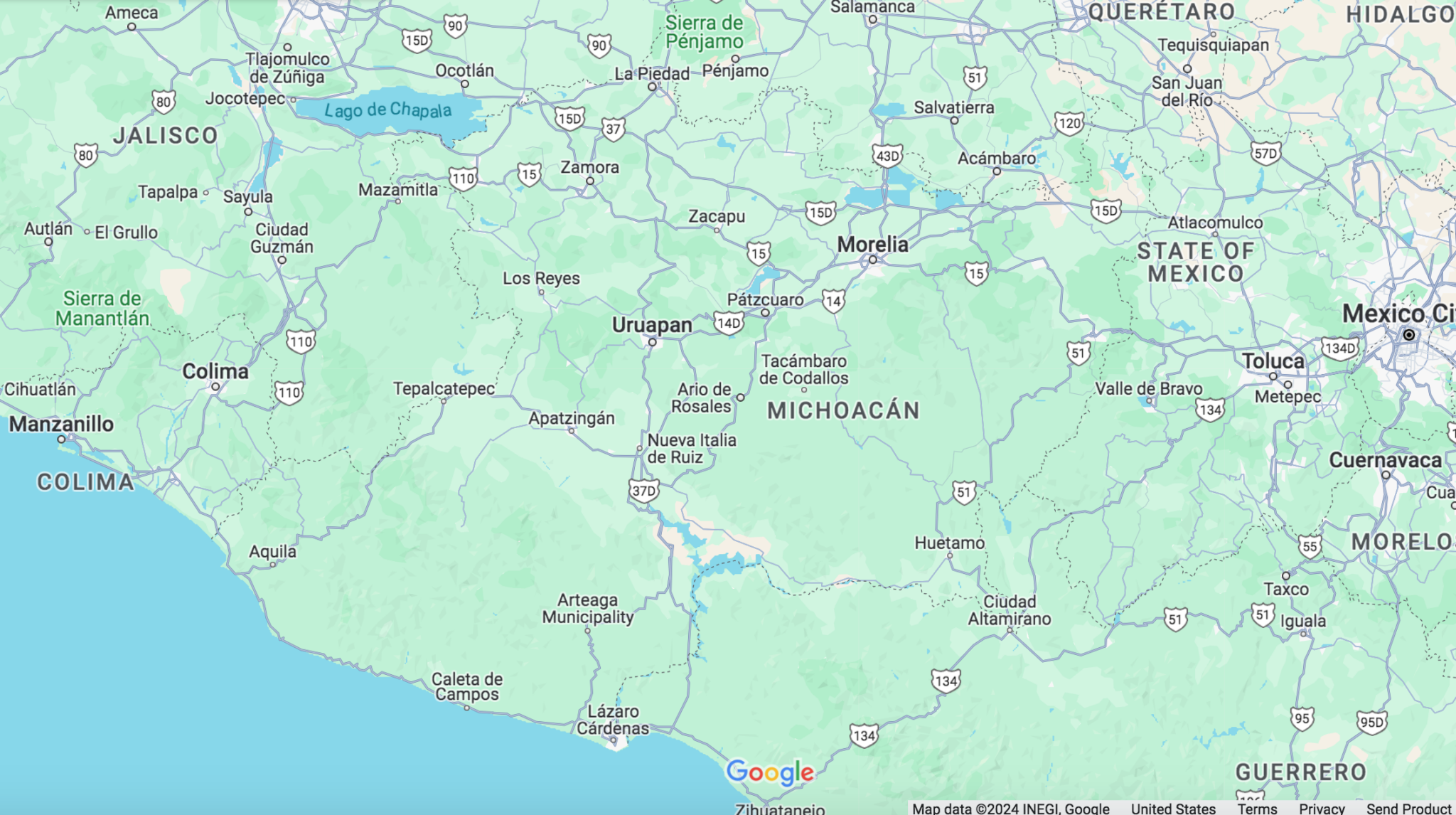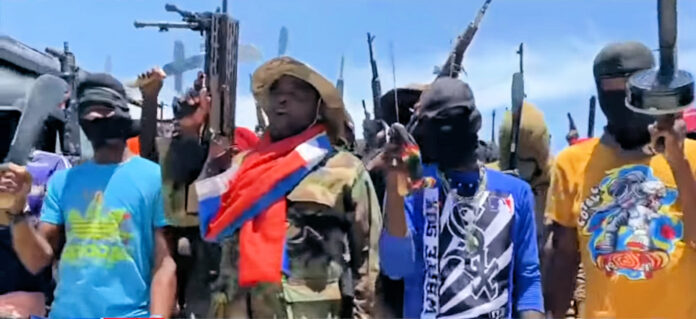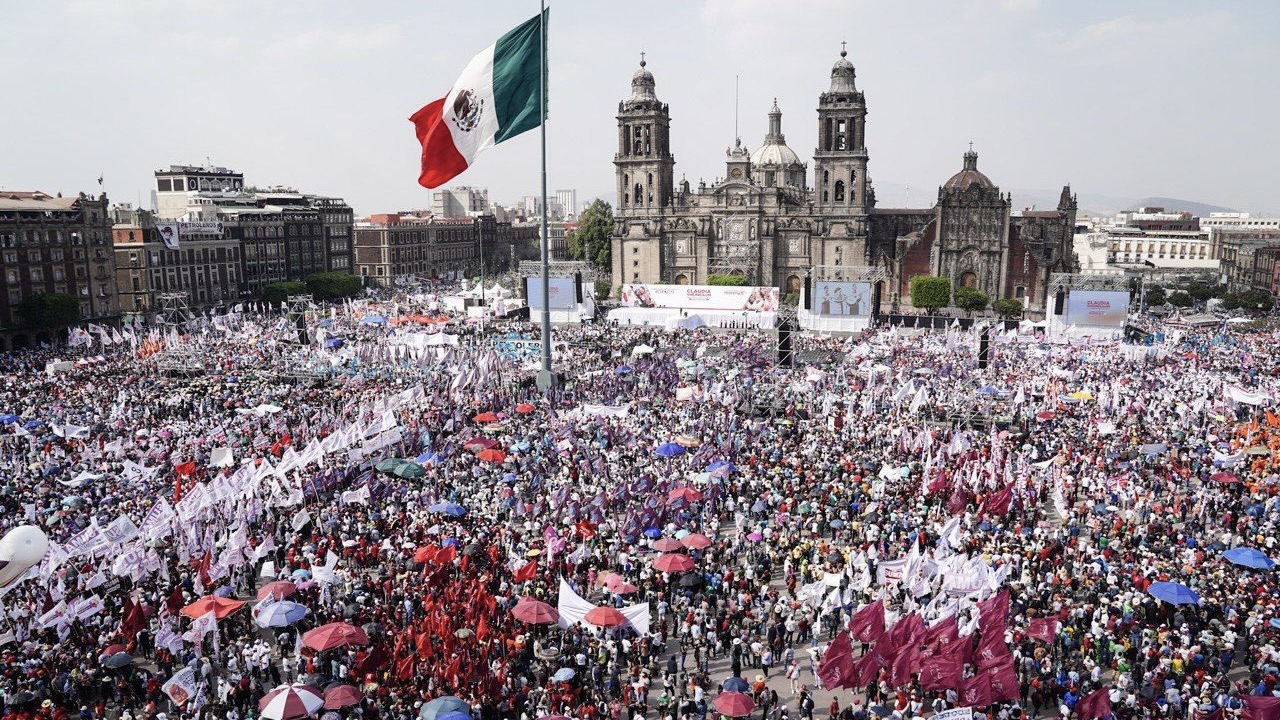
Killings continue to escalate in Haiti
New UN data shows that more than 1,200 people were killed and 522 wounded in Haiti between July and September. This represents a 27% increase in casualties compared to the second quarter. Figures could get even worse, as a new wave of coordinated gang attacks isterrorizing areas that had previously been spared. About 10,000 people were forced to flee parts of Port-au-Prince, while nearly 22,000 more were displaced in Arcahaie, north of the capital. Gangs also fired at a UN helicopter used by the World Food Program to deliver aid, while a Catholic charity’s hospital clinic was vandalized and set on fire. A new UN report projects that 5.4 million Haitians—nearly half the population—will face crisis or worse levels of acute food insecurity by February 2025. Despite the ever-rising violence, the US government continues its deportation flights. (Photo: El Soberano)



